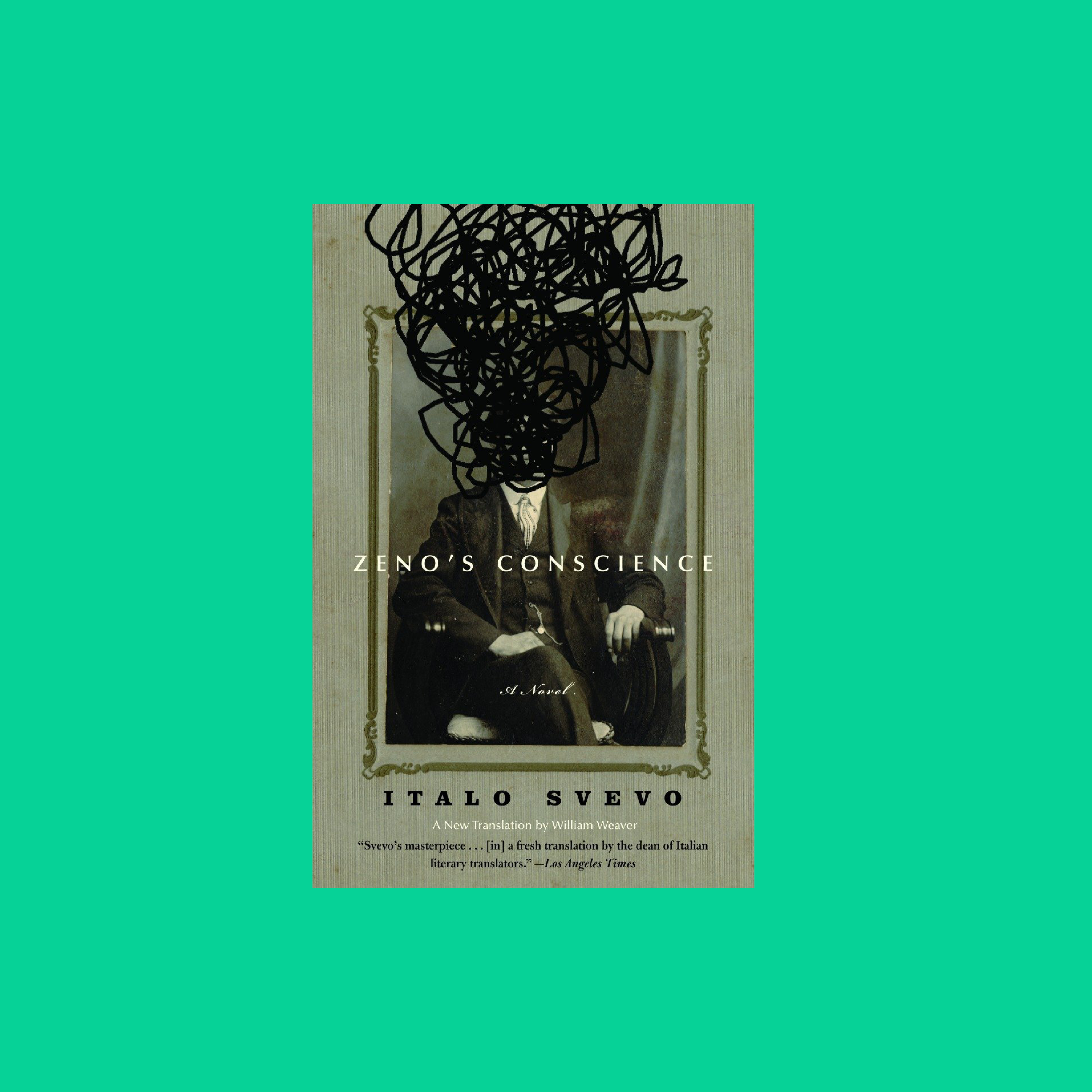APS TOGETHER
Day 21
Zeno’s Conscience by Italo Svevop. 418—End
October 3, 2022 by Claire Messud
"Old as I am, for some time women have no longer looked at me. If I stop looking at them, then all ties between us are severed.”
As Zeno encounters the war, he’s still trying to please everyone: Teresina’s peasant father, whom he (falsely!) assures the war will remain far away: “Seeing how happy he was, I tried to make him even happier.” And a little later, with the Slavic corporal, too: “I wanted to make him as happy as possible.” While he’s spouting cheerful falsehoods, war has erupted around him, separating him indefinitely from his wife and children.
It’s the war that cures Zeno: “I am healthy, absolutely…Sorrow and love—life, in other words, cannot be considered a sickness because they hurt.”
A patient of the early psychiatrist Eugen Bleuler apparently explained to him: “In my world, I am omnipotent; in your world, I am diplomatic.” This can be described as a state of psychosis; or can be taken as the human condition—our mind’s insistence on its own reality. Zeno, veering between interiority and the external world, is no different, really, than the rest of us; and is capable, in his tragicomedy, of profound human insight.
Svevo’s novel concludes with one of the darkest and most eerily prescient prognostications I know of in fiction. Health becomes ever more remote for our species because rather than adapting physically, we invent “devices”: “Man becomes increasingly shrewd and weaker.” Well before the invention of the atomic bomb, Zeno foresees the day when “an ordinary man… will invent an incomparable explosive… And another man, also ordinary, but a bit sicker than the others, will… climb up at the center of the earth, to set it on the spot where it can have the maximum effect.” If only this vision were as funny as some of the others; if only it were less true.
